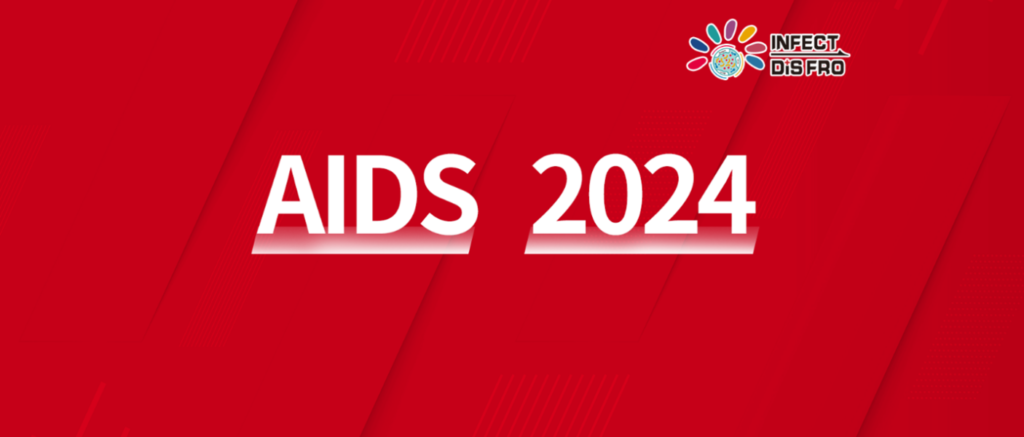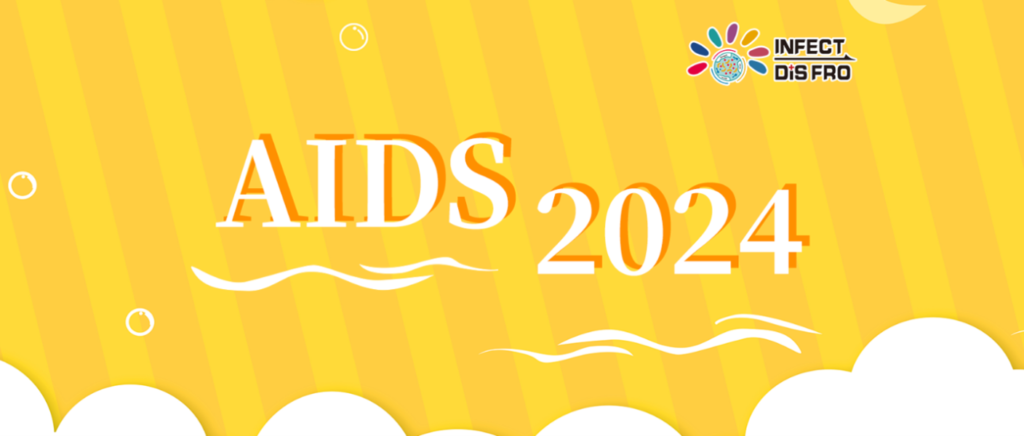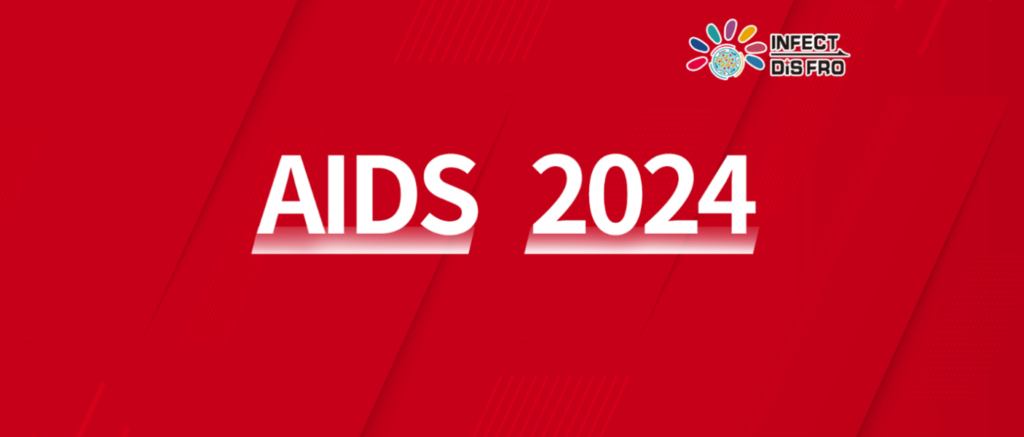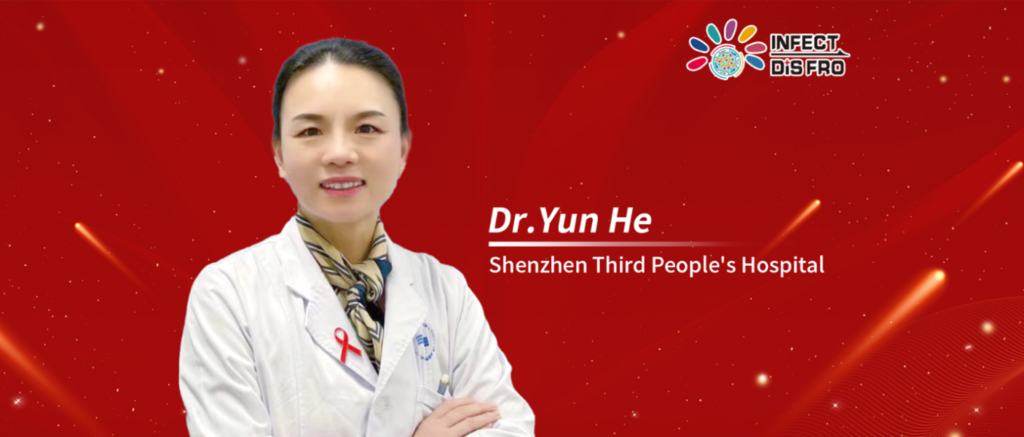AIDS Five Minutes | Dr. Wei Cao: Treatment and Management Practices in the Post-HAART Era of HIV
"The continuous advancements and remarkable success of Highly Active Antiretroviral Therapy (HAART) have made long-term survival for HIV patients a reality. However, the persistent presence of the HIV virus, chronic inflammation associated with the virus, and the lifelong impact of medication have led to chronic complications, such as metabolic diseases, becoming significant factors affecting the clinical outcomes of patients undergoing long-term treatment. These issues have become crucial in the treatment and management of patients. One of the key focuses of the 25th International AIDS Conference (AIDS2024) was the ongoing attention to non-AIDS-related complications, which brought new insights into their treatment and management."










